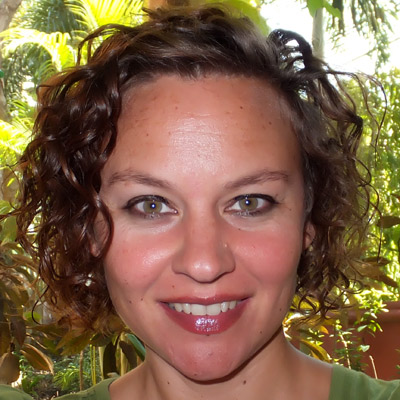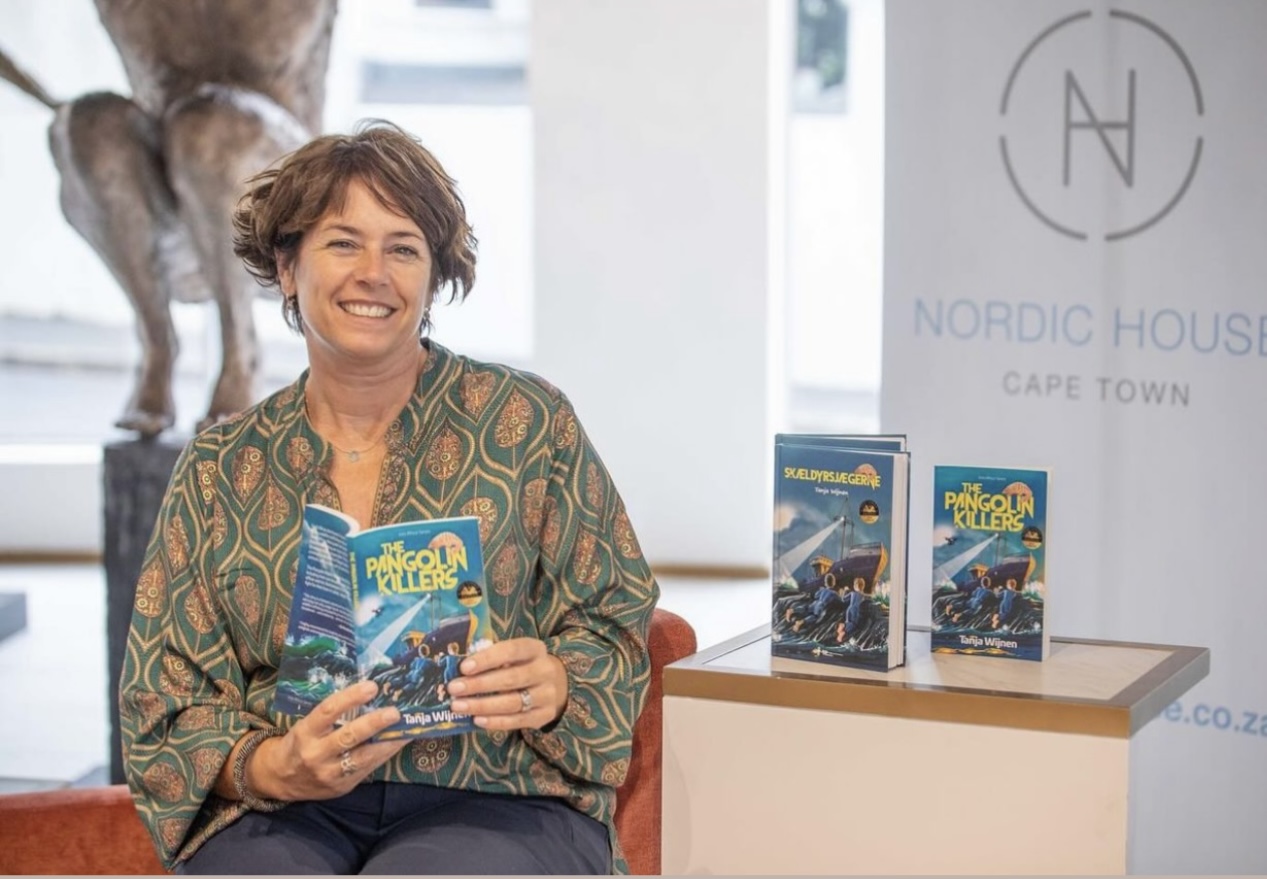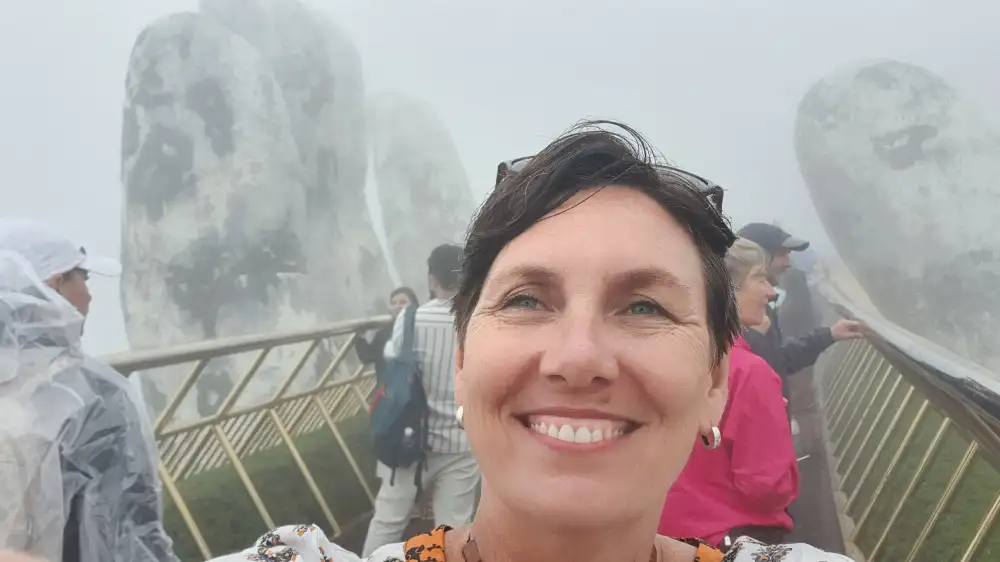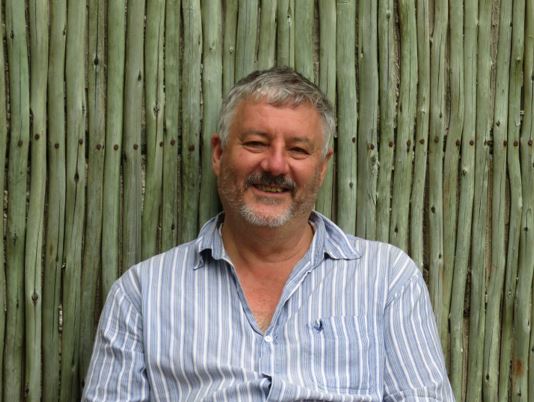Rosanne Turner completed the Travel Writing Course at SA Writers College in 2008. Dozens of published travel articles later, she finds herself an expert on Koh Samui, her island home in the Gulf of Thailand. She tells us about her enviable life as a travel writer.
What writing successes have you had since completing your course?
After completing the Travel Writing Course at SA Writers College in 2008, I wrote many articles for GoTravel24, as well as for Explore SA. My first ‘big’ piece was for the Holland Herald, KLM’s in-flight magazine. It was the feature story on Cape Town for their June 2010 issue, over the period of the Football World Cup.
At the end of 2010 we moved to the Thai island of Koh Samui. I managed to acquire a column called ‘Discovering Samui’ in the local expat newspaper. In 2011, I became the Samui correspondent for South East Asia’s biggest travel website, travelfish.org, and this involved visiting over 100 hotels and resorts on the island as well as all the temples and tourist sites, writing intros about each beach and area, and pretty much all the info a tourist would need when visiting the island. I still work for them, and write two blog posts a week and update the info.
I wrote a feature story for the September 2012 issue of Thai Airways’ in-flight magazine, Sawasdee, and this was all about Cape Town and surrounds. It felt great to write about my home country for my new country of residence.
In September 2012 I started working full time for the Siam Map Co. who produce the glossy Samui Holiday Magazine, as well as the Wining & Dining magazine. I write 12 articles a month for them, covering stories on resorts, chefs, signature dishes, local characters, attractions, cooking classes and events. Some of these stories break the genre of travel writing, but all the techniques learned can still be applied.
I write reviews for upmarket villas on Samui for a company called The Villa Guide, which involves lengthy write-ups on the villas. This means staying over in the villas about three nights per month, and enjoying meals prepared by a private chef. Tough job!
How did it feel to sell your first article?
I remember feeling completely elated and thinking, ‘Wow! I’m actually going to get paid to do what I love!’ And then seeing my name in print, especially in hard copy, is a great feeling. I don’t think I could every write under a pseudonym for this reason.
What have you learned from actually working in the industry (as opposed to the theory of it)?
Networking is very important. When dealing with editors, be professional at all times. Spell check your emails! If you say you will send an assignment by X date, then do so. Communication is important. Make sure you understand the brief, as well as the publication’s target market, so that limited editing is required.
If you work for an editor on a regular basis, understand their specific likes and dislikes. Ask for a style guide and check your work against this before submitting it to the editor. I stick post-its up when I’m writing with a few points to remember about that specific editor’s likes and dislikes. For example, one editor insists on contractions being used wherever possible so that the story reads as conversational. He also wants sentences starting with ‘and’, which although grammatically incorrect, does actually read as one would speak.
What tips would you give other aspirant journalists?
Start a website with samples of your work, published or not. This acts as an electronic CV and it’s easier to send a link to editors than attach sample stories.
Network as much as you can, via LinkedIn and any other social media too.
Try to be an expert in a certain field, be it a location, or a specific market such as ‘travelling with children’.
And don’t give up! It’s seldom possible to just give up your current job and start a career in travel writing. You’ll usually start part time, and build up to a point where you can afford to stop your other job and do it full time. If an editor takes the time to give you constructive feedback, take the time to listen to them or read it, and take it into account for your next piece. If they didn’t like you or your work, they wouldn’t bother.
My tutor told me that if it’s good enough to be published, it’s good enough to pay for.
Where to next for you, Rosanne?
I’m planning to stay on the beautiful island of Koh Samui for a long while still. I’d like to expand my freelance stories to be about the rest of South East Asia, not only Samui. But as I live here now, I’m seen as a ‘Samui expert’ as I know the island backwards, and many publications seek out local experts for stories.
I’d like to write a travel book, and have a few ideas up my sleeve. I’d also like to take a photography course as although my photos are good enough for blogging, I’d like to be able to submit photos with stories for publication.
What was the best piece of advice you walked away with from your travel writing course?
During the course, the best tip I remember is that each story I write needs a catchy opener, a strong angle, and a thought-provoking closing.
My tutor encouraged me never to give up as it’s a bit of a catch 22 – without past stories to showcase, editors are reluctant to take you seriously, but you have to start somewhere. Once you are published, it’s easier. In the beginning, it’s tempting to write for free, but my tutor told me that if it’s good enough to be published, it’s good enough to pay for.
Photo Credit: Travelourplanet.com













